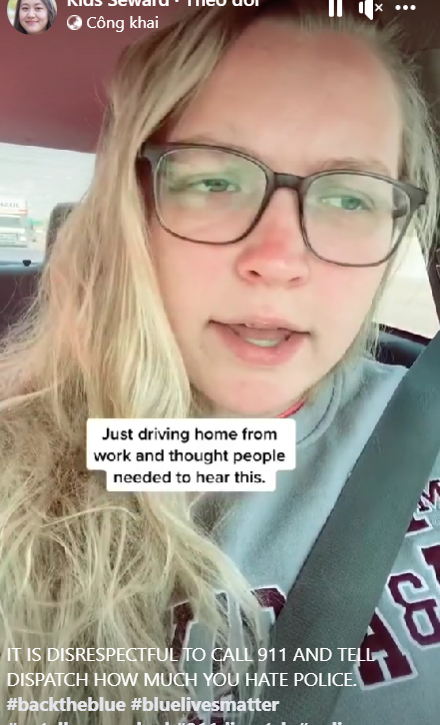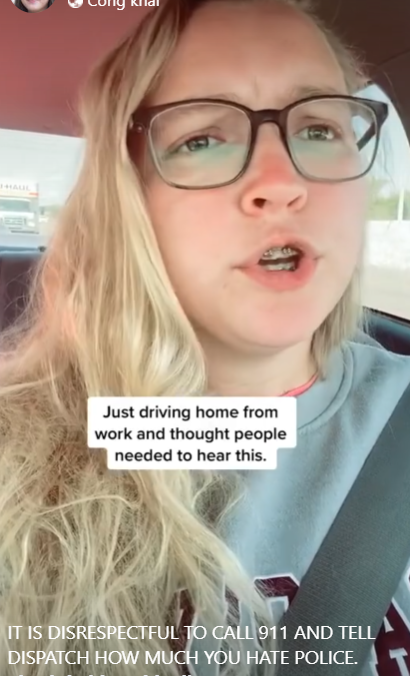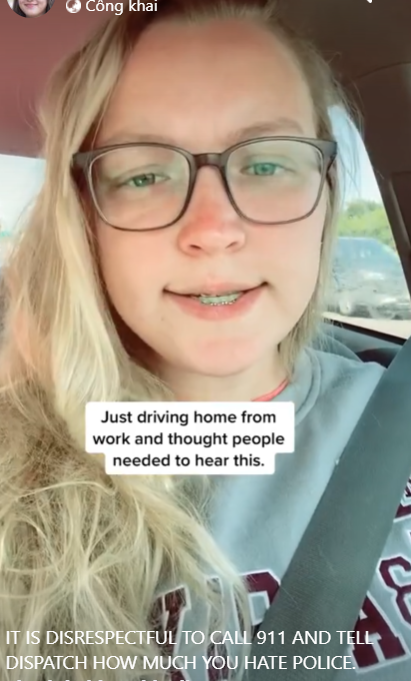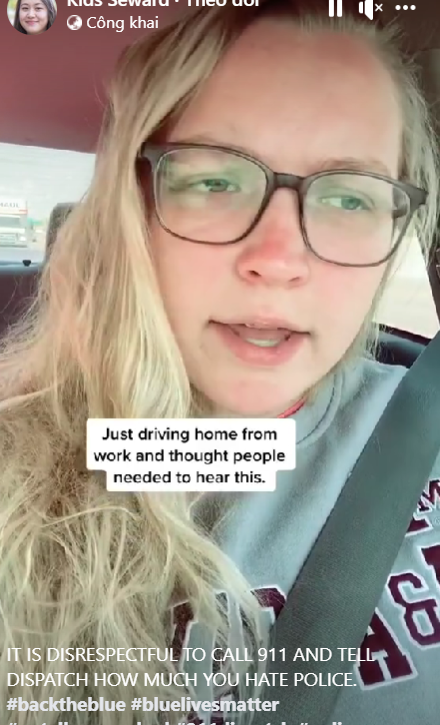
In an era marked by heightened public discourse surrounding law enforcement, the act of calling 911 with complaints about the police is gaining attention. While the First Amendment guarantees freedom of speech, it’s essential to consider the consequences and the appropriateness of making such calls to emergency dispatchers. This article examines the controversy surrounding these calls and discusses the importance of respecting the role of 911 in genuine emergencies.

Calling 911: A Vital Lifeline 911 is the universal emergency number in the United States and many other countries, designed to connect individuals in distress with the help they need. It serves as a crucial lifeline for people facing life-threatening situations, medical emergencies, fires, and other crises. The dispatchers who answer these calls play a vital role in coordinating rapid responses to ensure public safety.

The Controversy: Expressing Discontent with Law Enforcement In recent years, there has been an uptick in individuals using 911 as a platform to express their dissatisfaction with law enforcement. Some people have taken to calling 911 to voice complaints, make political statements, or express their disapproval of police officers. While freedom of speech is a fundamental right, there is growing concern about the misuse of emergency services and the potential consequences of such calls.
The Disrespect and Dangers of Misuse Misusing 911 by calling to express hatred or complaints about the police is problematic for several reasons. It not only ties up emergency lines, diverting resources from genuine emergencies, but it also disrespects the hard work and dedication of emergency dispatchers. Furthermore, it can put lives in danger by delaying responses to real crises.
Respecting the Role of 911 Respecting the role of 911 and understanding its purpose is crucial to maintaining the integrity of emergency services. Individuals are encouraged to use alternative channels, such as contacting their local police department or participating in peaceful demonstrations, to express their concerns or grievances with law enforcement. By doing so, they can engage in constructive dialogue without compromising the efficiency of emergency response systems.
In conclusion, while freedom of speech is a fundamental right, it is essential to differentiate between appropriate channels for expressing one’s views and misusing emergency services. The act of calling 911 with complaints about the police not only disrespects the purpose of the emergency hotline but also poses potential risks to public safety. It is incumbent upon individuals to exercise responsible judgment when utilizing this critical lifeline, recognizing the importance of its role in genuine emergencies.
https://www.facebook.com/reel/278363408297649

